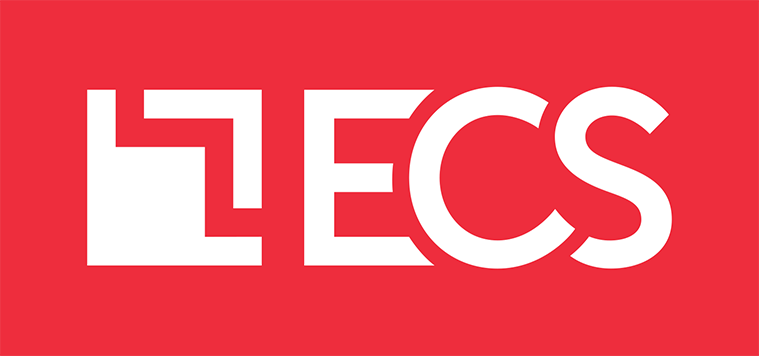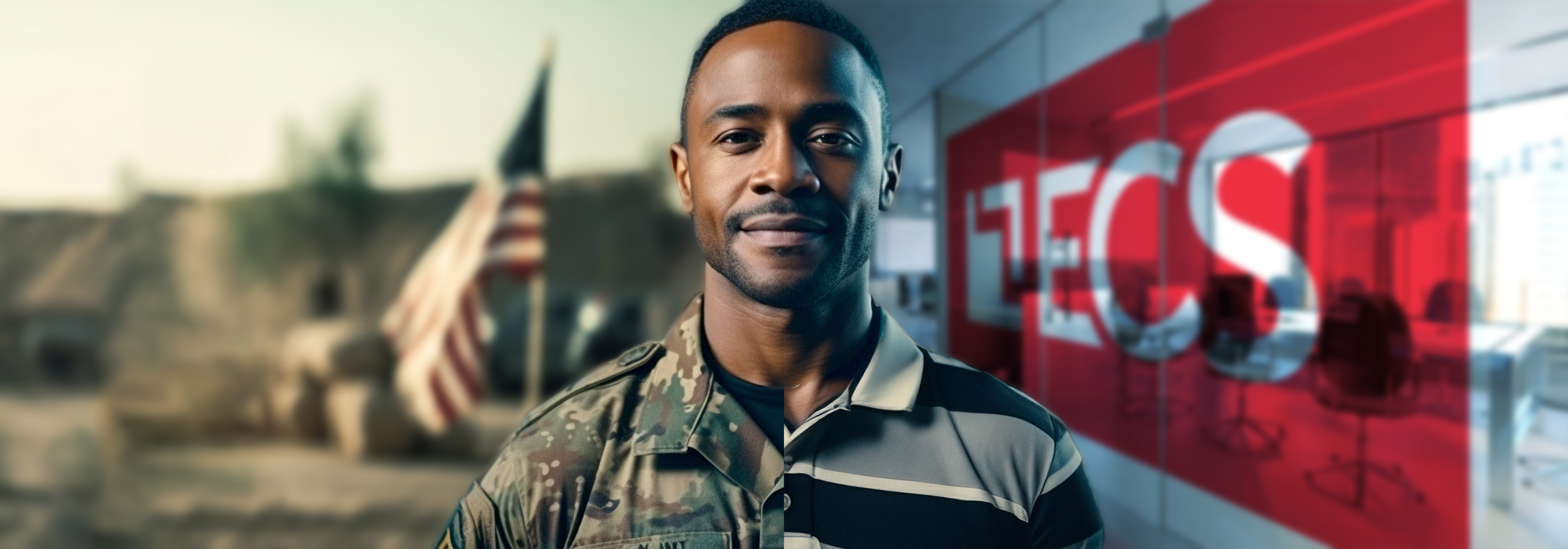Listen to article:
A DOD SkillBridge program smooths the transition from military to civilian life and helps ľ��AV find talent it needs.

What sort of civilian job should a B-1 bomber pilot apply for at the end of their military service, if they don’t want to fly commercially? Last year, Paul Homsher was finishing up a 12-year U.S. Air Force career and asking himself exactly that.
“Everyone I knew who was in my position was joining the airlines,” says Paul, “which I didn’t want to do. But I had no idea what else a bomber pilot was qualified to do. Anyone’s guess was as good as mine.”
In his last months of military service, Paul signed up for ― one of the career support programs operating under the DoD SkillBridge Program. Through Hiring Our Heroes, ľ��AV and Paul discovered one another.
As it turns out, while Paul had been wondering what value a B-1 pilot could offer the civilian working world, ľ��AV had been searching for someone with air-operations and flight-test planning skills. Paul had been honing just such skills on an Air Force test squadron during his last active-duty years.

Major Paul “Midnight” Homsher, Operational Test Pilot of the 337th Test and Evaluation Squadron, stands before the Rockwell B-1 Lancer he flew for most of his Air Force career.

In this Oct. 2022 photo, Hiring Our Heroes Fellow Paul Homsher (right) stands by an MQ-9 Reaper drone with ľ��AV Smart Sensor Project Manager Jason Lindauer (left) and LTC Benjamin Hung, then the CDAO Smart Sensor test and evaluation lead. Today, Paul is Smart Sensor program air operations lead.
Paul spent his last three months of military service as a Hiring Our Heroes fellow in ľ��AV’ Smart Sensor program. This ľ��AV program helps the Department of Defense’s Chief Digital and Artificial Intelligence Office (CDAO) equip MQ-9 Reaper drones with artificial intelligence capabilities.
The fellowship gave Paul the chance to acclimate to the civilian working world and gave him and ľ��AV a chance to explore the employee-employer fit. When the fellowship ended, ľ��AV offered Paul a regular full-time position: air operations lead for the Smart Sensor program.
“Hiring Our Heroes made my transition much simpler and easier than it would have been otherwise,” says Paul. “Instead of me searching for the right employer, ľ��AV searched for me. It was a huge advantage.”
Identifying What You Do and Don’t Want
Founded by the U.S. Chamber of Commerce in 2011, Hiring Our Heroes offers employment training, fellowships, and hiring events that connect the military community with civilian companies. The program has helped to place more than 617,000 veterans and military spouses in jobs.
Hiring Our Heroes fellows spend four days per week shadowing employees and gaining civilian work experience at their host company. On Fridays, they learn resume-writing, interviewing, and other employment-related skills and visit other host companies.
Those Friday company visits helped ľ��AV National Security & Intelligence Director Josh Gillen identify the sort of companies he did not want to work for. Josh completed his Hiring Our Heroes fellowship in 2019 at Pro Sphere Tech, a small contractor that focused on Department of Veterans Affairs work.
“It was really good to visit organizations like AWS, Booz, GDIT, and other large companies,” says Josh, “and compare them to my smaller host company.” He has since avoided the largest government contractors and been careful to consider quality of employee experience while charting his career path.

ľ��AV National Security & Intelligence Director Josh Gillen��completed��a Hiring Our Heroes fellowship in 2019.
Josh’s fellowship also helped him tackle what he considers one of the biggest challenges of the transition to civilian life: understanding how work is processed in the civilian world.
“When you’re in uniform and assigned to a mission, everyone is supporting that mission together, even across different services,” Josh explains. “If someone needs a place to work and you have room, you just give them a desk. It’s very different in civilian organizations, where no one does anything without first establishing and understanding the contractual relationship.”
From Investigating Suspects to Capturing Business
U.S. Air Force Major and Special Agent Lacey Supinger ― a Hiring Our Heroes fellow with ľ��AV’ Business Development group — says the transition from military to civilian life is like stepping into a whole new world.
“I joined the military at 18, so it’s what I’ve known since I was a kid,” says Lacey. “Leaving it after 20 years is a challenge. How do I secure a job? Appeal to industry? Speak the right lingo and understand how companies operate? The fellowship and training are helping me learn these things.”
Lacey is learning how the criminal and counterintelligence investigative skills she mastered in the Air Force carry over to business development work. The commonalities might not be immediately apparent to all. But if there’s one thing Hiring our Heroes does well, it’s helping fellows identify the essential skills they’ve accrued during years of service and use those skills to start a civilian career.

U.S. Air Force Major and Special Agent Lacey Supinger will soon complete her 12-week Hiring Our Heroes fellowship with the ľ��AV Business Development group.
“There are parallels between the business developer’s role and informant handling and liaison work in the investigative world,” says Lacey. “It’s all about networking and persuasion. A capture manager’s work is similar to running an investigation, but you’re working to secure a bid instead of a conviction.”
And it’s evident that Lacey has a bead on the core skills she honed during her 20 years of Air Force service — the skills that could soon be her passport to a whole new world.





